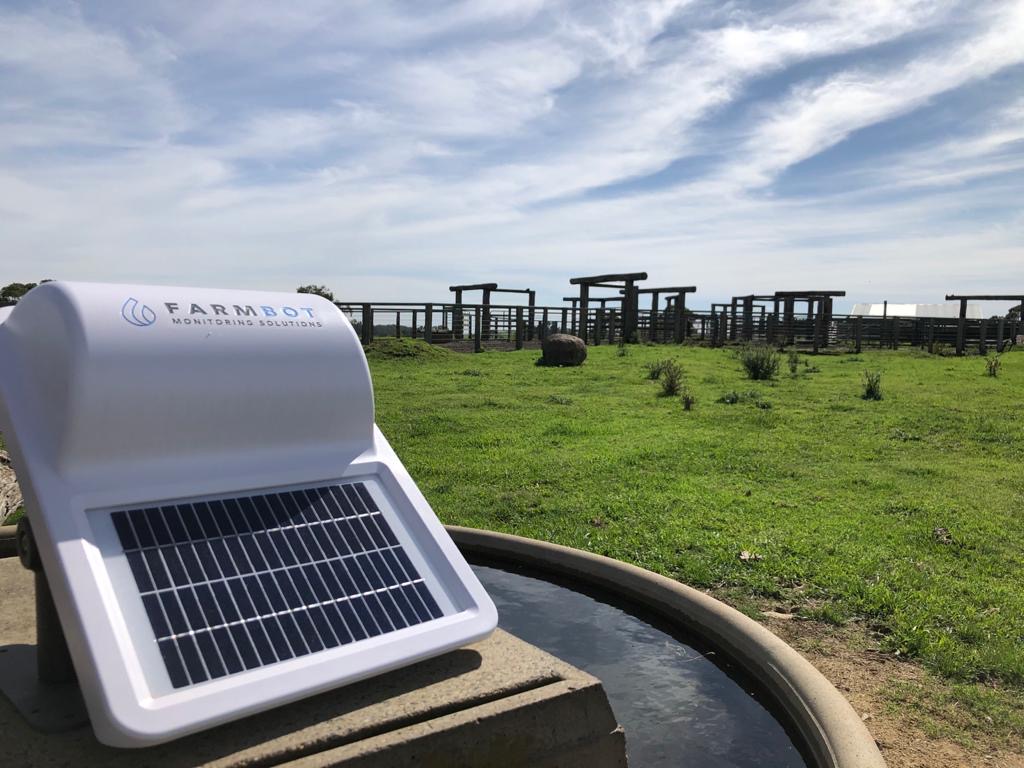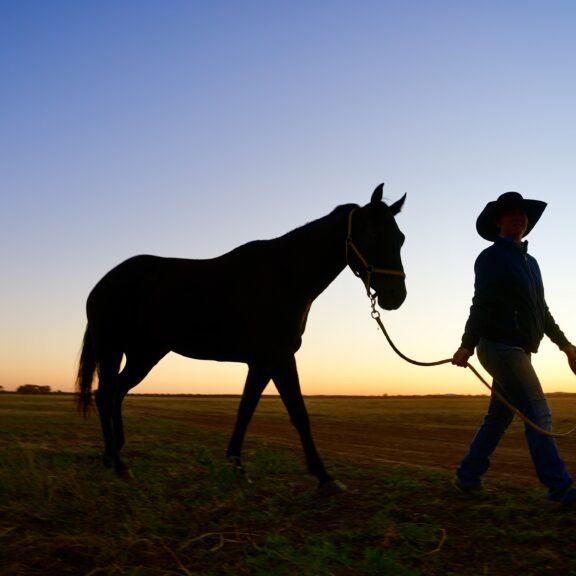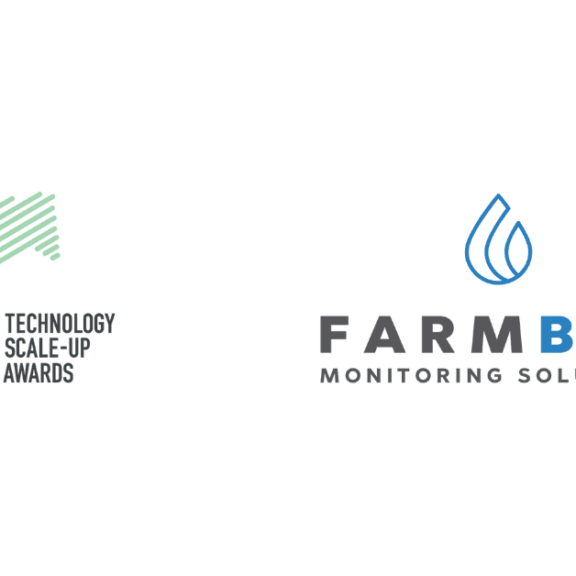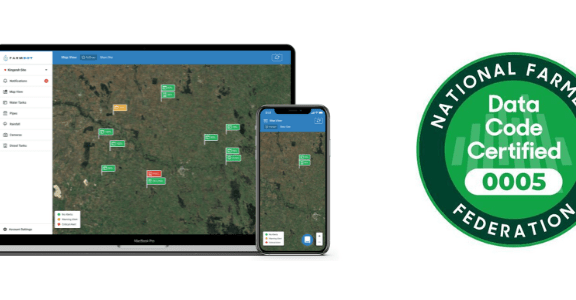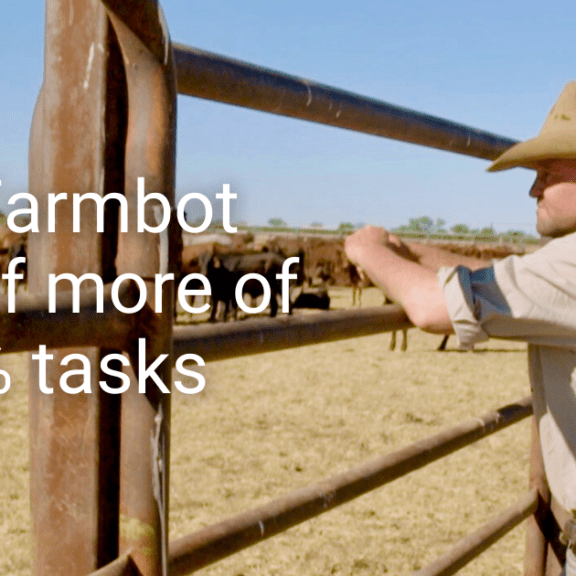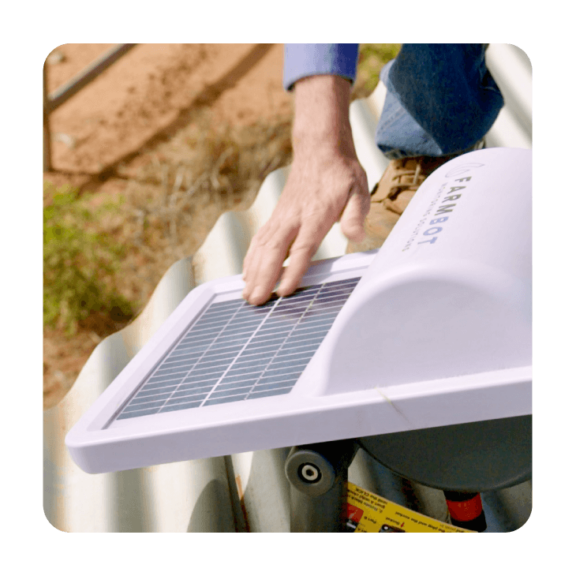November release of The Weekly Times AgJournal spoke with customer Luke Balkin, and Farmbot CEO Andrew Coppin. Challenging the thinking on the true value of employing AgTech around properties in Australia.
“Combine that with weather stations, more accurate forecasting and satellite imagery and you end up with very powerful information all pooled together, and that results in real (irrigation) water savings for growers, much better water management, and more bales per megalitre at the end of the day.”
Birch says, apart from water and cotton, it is also still difficult to get some farmers to appreciate the value of what the technology and data is providing and telling them.
“Farmers will buy a $600,000 header and not blink an eyelid, but if you talk about software and technology (subscriptions), that might cost them $3 a hectare a year, they um and ahh and ask if it is of real value; but the switched-on growers have no problem seeing the monetary value, that all this amazing information coming to them from their paddocks is providing better and more timely decision making.”
Andrew Coppin, president of the fledgling Australian Agritech Association and founder of Farmbot water monitoring systems, is equally as excited and frustrated as Birch.
He sees “awesome” inventions and developments in agtech happening across Australia – and some stars taking to the world stage such as The Yield – and a boom in uptake by local farmers on the horizon.
“But worldwide, while Australia is regarded as a gold medal winner in agriculture, food and farming globally, we don’t even seem to have a ticket to be in the race when it comes to agritech,” despairs Coppin.
“Israel, New Zealand and the UK are the global leaders – investors are literally flying over the top of Australia without landing to see what NZ is doing – yet many of our technologies could be world- beaters; we need a vision, a strategy and a plan to help the agritech sector grow and prosper and become a major export industry in its own right.”
“There’s no better place for agtech innovation than the diverse microclimates of Australia. With one of the most challenging agricultural industries in the world, growers must innovate to remain competitive, and embrace technology to help drive sustainability, increase traceability and productivity, and consumer confidence in the way our food is produced.”
